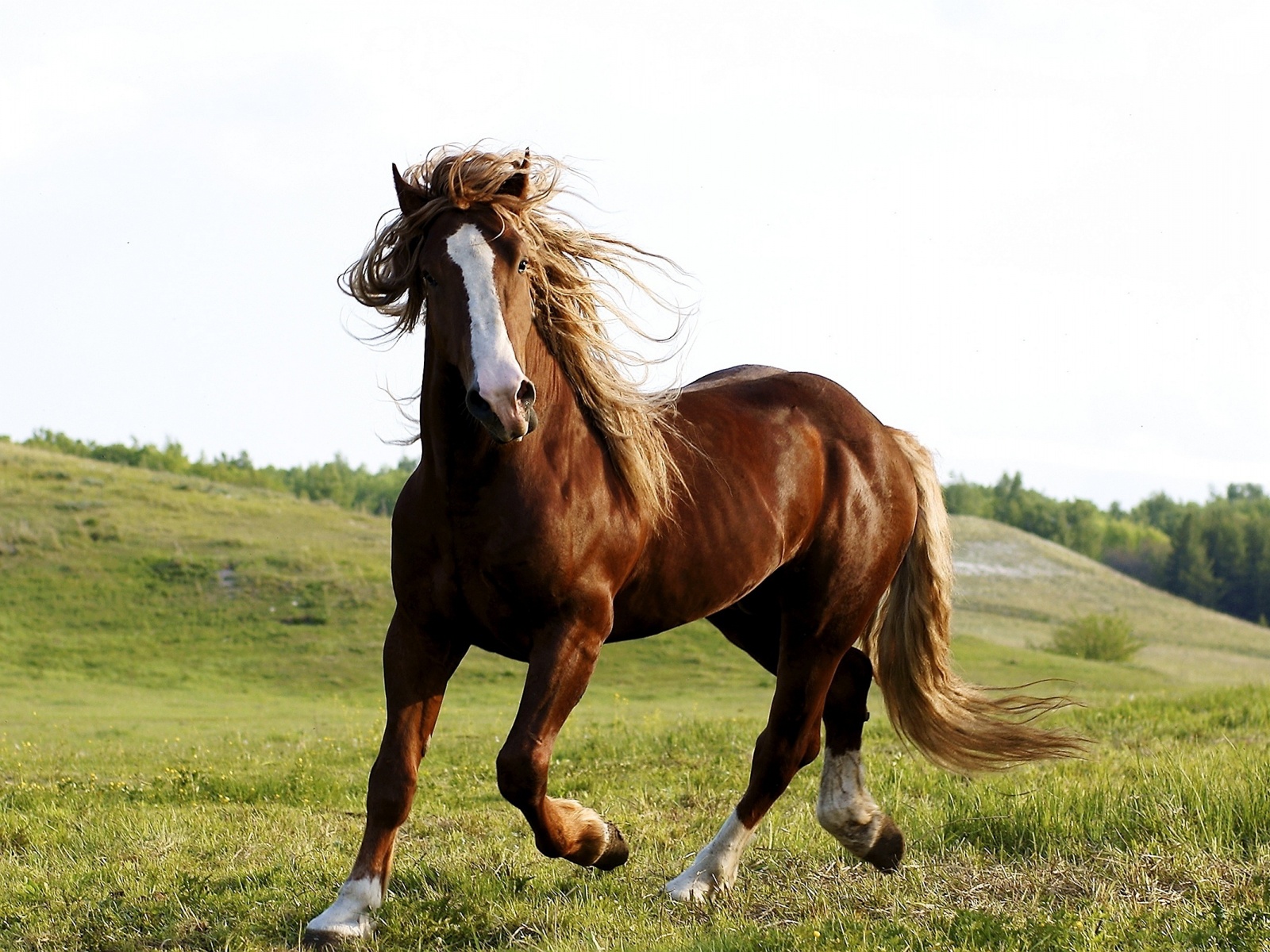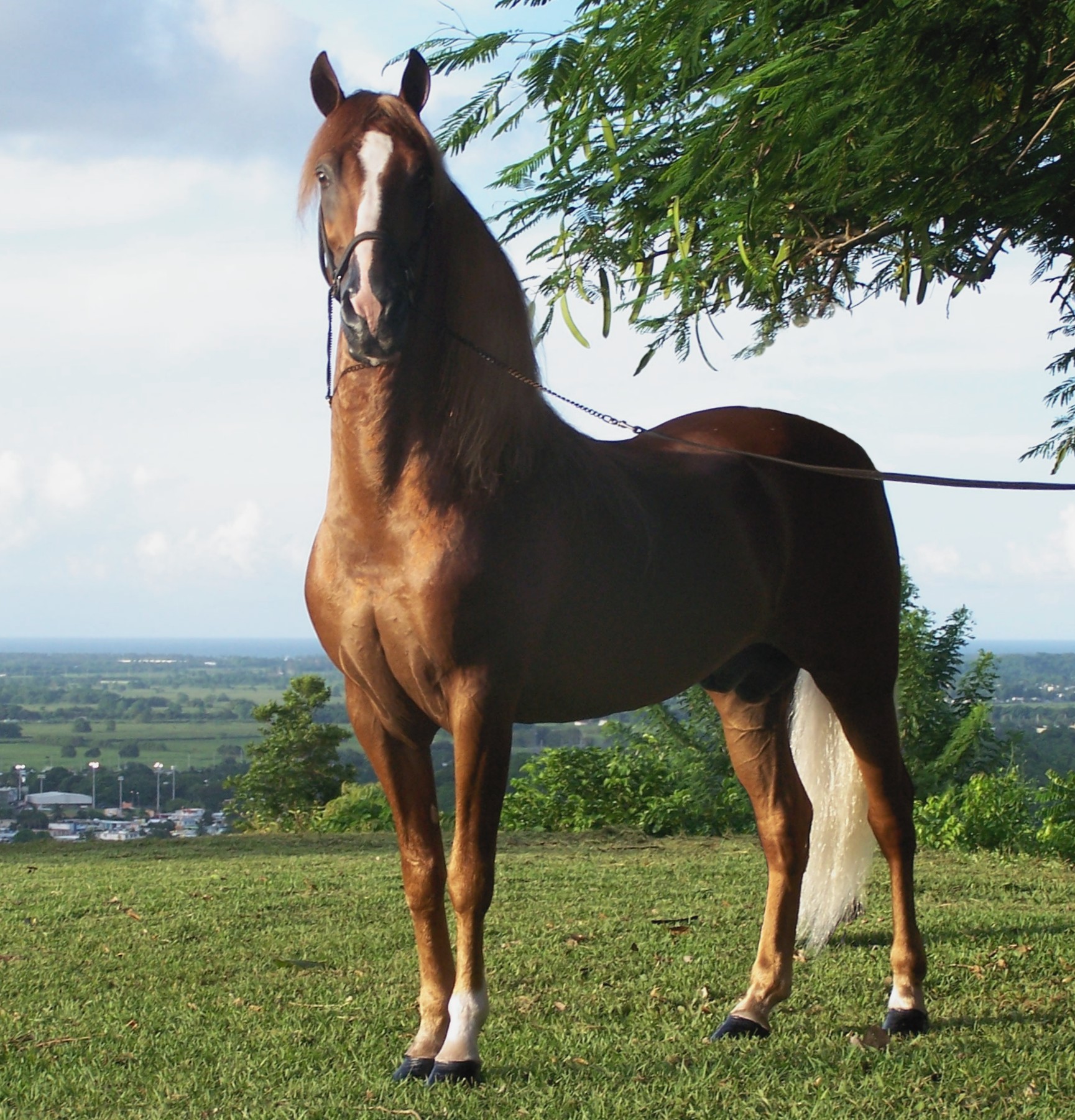Have you ever felt that special pull, that almost magnetic draw, toward a horse? It's a feeling many people share, a deep-seated fascination with these magnificent animals. This unique bond, this coming together of human and horse, is something we might call the "horse miting." It's not just about a single event; it's a broad idea encompassing all the ways we interact with and appreciate these hoofed companions, a connection that has shaped our world for a very long time, you know.
Our journey with horses spans countless generations, a truly ancient relationship that has seen these powerful creatures transform from wild beings into trusted partners. From pulling plows to carrying us across vast distances, horses have been right there beside us, playing a vital role in human progress and daily life. So, this piece will explore the many facets of this enduring partnership, offering insights into their nature and our shared history.
We'll look at what makes horses so special, from their incredible biology to the vast array of breeds that exist today. It's a chance to learn about their history, how we care for them, and even the very basics of riding, giving you a better grasp of all things horse-related. Basically, we’re going to get into everything you should know about these wonderful animals, and perhaps even deepen your appreciation for them, too it's almost.
Table of Contents
- What is the Horse Miting?
- Getting to Know Our Equine Companions
- Practical Tips for Connecting with Horses
- Frequently Asked Questions About Horses
What is the Horse Miting?
When we talk about the "horse miting," we're really thinking about the collective experience of humans and horses coming together. It's about the deep-rooted connections forged over thousands of years, the ways we've learned to live alongside these animals, and the mutual benefits that have come from this partnership. This broad concept covers everything from shared work to recreational activities, and even the simple joy of being near a horse, that is that.
The Ancient Bond
The relationship between people and horses goes back a very, very long way. For many centuries, these creatures have been more than just animals; they have been partners in survival, exploration, and the building of civilizations. This ancient bond is something truly special, a testament to the horse's adaptability and our ability to work with such a powerful animal. In fact, it's a story of shared progress, showing how two different species can thrive together, apparently.
Think about how much our world has changed because of horses. They helped us travel farther, farm more efficiently, and even shape the course of history through various endeavors. This deep connection isn't just a historical footnote; it continues to influence our cultures and daily lives in countless ways. It's a bond that, in some respects, defines a part of human history, too.
Horses in Our World Today
Even in our modern world, the horse remains a significant presence. While their roles have changed somewhat from ancient times, they still contribute to our lives in many different capacities. For instance, horses are still used to transport people, especially in places where modern vehicles might not reach, or for traditional purposes. They also continue to assist with farm work, helping with tasks that require their strength and endurance, you know.
Globally, there are an incredible 60 million domesticated horses, showing just how widespread and important they remain. This large number speaks volumes about their continued relevance, whether it's for sport, companionship, or practical applications. They are, quite simply, an integral part of many societies around the globe, and stuff.
Getting to Know Our Equine Companions
To truly appreciate the "horse miting," it helps to understand the horse itself. These animals are fascinating creatures with a unique biology and an incredible diversity of forms. Learning about their fundamental characteristics helps us better connect with them and appreciate their place in the natural world. Basically, it’s about getting to know them from the ground up, you know.
The Science Behind the Horse
The horse, scientifically known as *Equus caballus*, belongs to the taxonomic family called Equidae. This family includes other hoofed herbivorous mammals, but *Equus caballus* is the single species that encompasses all the domesticated horses we know. The term "Equus" itself has a rich history, coming from Latin where it literally means "horse," and from ancient Greek, meaning "quickness." This name, in a way, captures both their identity and their remarkable speed.
As a large mammal with a strong constitution, the horse is built for endurance and movement. Being herbivorous means their diet consists of plants, which shapes their digestive system and natural foraging behaviors. Understanding these basic biological facts is pretty fundamental to knowing how to interact with them and provide proper care, as a matter of fact.
Why So Many Breeds from One Species?
It might seem a little surprising that despite the hundreds of distinctive horse varieties, they all belong to a single species, *Equus caballus*. This is because "breeds" are essentially different types within that one species, developed through selective breeding by humans for specific traits, purposes, or appearances. Each different type of horse, like a draft horse or a riding horse, often has several breeds that fall within its category, too.
Think about it: just like dog breeds, horse breeds have been shaped over centuries to excel at certain tasks. Some are bred for strength and pulling, others for speed and racing, and still others for their gentle nature as riding companions. This incredible diversity within a single species truly showcases the long and varied history of the human-horse relationship, and how we've worked together to create such a wide range of equine partners, sort of.
Practical Tips for Connecting with Horses
For those interested in deepening their "horse miting" experience, whether it's through learning more or even considering direct interaction, some practical knowledge can be very helpful. It's about approaching these animals with respect and a willingness to learn, which is honestly, a pretty rewarding endeavor. Learning about horse history and biology, as our source text mentions, really sets the stage for this kind of engagement, you know.
Basics of Horse Care
Caring for a horse involves a lot of different aspects, from their daily feeding to ensuring they have a safe and comfortable living space. Since horses are large mammals, their needs are quite substantial. They require regular access to fresh water, a balanced diet of hay and other forage, and sometimes specialized feeds depending on their activity level. Grooming is also a big part of care, helping to keep their coats healthy and providing an opportunity for human-horse bonding, like your own pet.
Beyond daily routines, proper veterinary care, including vaccinations and dental checks, is important for their long-term health. Understanding their natural behaviors and body language is also a crucial part of care, allowing you to recognize when a horse is comfortable, stressed, or unwell. This kind of attention to detail is just a little bit necessary for their well-being, naturally.
Starting Your Riding Journey
For many, the ultimate form of "horse miting" is learning to ride. This involves more than just sitting on a horse; it's about developing communication and trust with the animal. Beginners typically start with lessons from experienced instructors who teach proper riding posture, how to give cues, and how to control the horse safely. It’s a process that builds confidence for both rider and horse, you know.
Safety is always a top concern when riding, so wearing appropriate gear, like a helmet, is absolutely essential. Starting slowly and building up your skills over time helps ensure a positive experience. The journey of learning to ride is a continuous one, offering endless opportunities to refine your connection with these amazing creatures. You can find more information about starting your riding journey from external sources, and it's something that can truly deepen your appreciation for horses, too.
To really get a feel for what goes into connecting with these incredible animals, you might want to Learn more about horses on our site. It's a good place to begin if you're curious about their history or how they think. Also, if you’re looking for more detailed information on specific horse behaviors, you can always link to this page here for deeper insights into their fascinating world.
Frequently Asked Questions About Horses
People often have questions about horses, especially when they are just starting to learn about them. Here are some common inquiries that come up, addressing some of the core facts about these wonderful animals, as a matter of fact.
What is the scientific name for a horse?
The scientific name for a horse is *Equus caballus*. This name is used globally by scientists to refer to the single species that includes all domesticated horse breeds. The term "Equus" comes from both Latin and ancient Greek, meaning "horse" and "quickness" respectively, pretty cool, right?
How many types of horses are there?
While there is only one species of domesticated horse, *Equus caballus*, there are hundreds of different varieties, which we call breeds. These breeds have been developed for various purposes, leading to a wide range of sizes, colors, temperaments, and abilities. So, there are many "types" in terms of breeds, even though they are all the same species, you know.
What are horses used for?
Horses have been used by humans for thousands of years in many different ways. Historically, they were essential for transport, farm work, and even as a source of food and milk. Today, they are still used for riding, various sports like racing and show jumping, farm work, therapy, and as beloved companions. Their versatility is really quite remarkable, and stuff.
Related Resources:
Detail Author:
- Name : Duncan Sporer
- Username : jovani01
- Email : joan.damore@collins.com
- Birthdate : 1981-12-12
- Address : 4460 Bins Ford Lindashire, ND 56579-3818
- Phone : +1-225-875-5864
- Company : Ortiz Inc
- Job : Wind Instrument Repairer
- Bio : Beatae cumque cupiditate est assumenda. Nisi repudiandae dolor officia non beatae est velit quia. Placeat voluptates quaerat vel corporis laborum esse.
Socials
tiktok:
- url : https://tiktok.com/@ashley_official
- username : ashley_official
- bio : Inventore molestiae est et non quod libero nobis.
- followers : 6923
- following : 2567
instagram:
- url : https://instagram.com/ahahn
- username : ahahn
- bio : At nostrum tempora natus mollitia qui commodi. Quisquam vel id nam et.
- followers : 3085
- following : 2382
twitter:
- url : https://twitter.com/ashley7141
- username : ashley7141
- bio : Sunt laborum aut vel vel rerum eum dolore. Minus recusandae rerum architecto non ea id. Voluptas omnis voluptatem veniam ipsa sapiente.
- followers : 828
- following : 712


